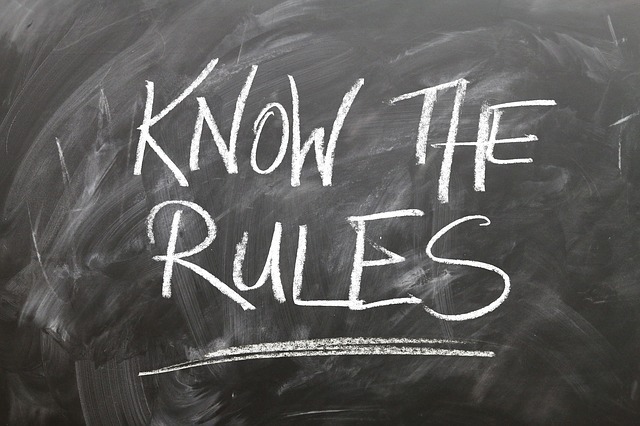Email marketing is one of the highest converting forms of advertising. Starting email marketing involves many factors, however, the most important factor is the law. I myself have made mistakes that made an email not conform to the law and I completely missed it. That is one reason why I want to make sure that people don’t make the same mistakes I have.
The biggest law out there has been the Can-Spam act that was signed into law in 2003 by George Bush. I won’t bore you with all of the political words but I will tell you what the law says in simpler terms.
- You must have the email address that the email is coming from. You cannot hide your email or not tell people who you are in it. This should either be a person at the company that is responsible for this or the company name. Either one shows the receiver what is happening and more importantly from where it’s coming from.
- Be honest and forthright. Your subject line should be straightforward and honest. Say in the subject line I have an offer for a free consultation for you, that better be what is in the email. Do not say, “I have a gift card for you” and not actually give one. You cannot say, “I have a gift card for you” and then it turns out to be a contest. You must be willing to give what you say. If you are sending an ad then say, “ad from ……”
- Where you are located is very important to this rule. Really, this should be important to you anyway as it shows that you are a reputable company. In this rule, it is required that you have a physical address in the email.
- Offer your recipient the opportunity to opt out of future emails. The law states that you have 10 days to remove them from your list but I would highly suggest you do it within 24 hours or before another email goes out, whichever comes first.
- If you are using a company to send emails on your behalf then make sure they are conforming to these laws. It is you that will get fined and not them. You have to make sure you are working with a reputable company at all times.
Recently, we have also been hit with a new rule called GDPR or General Data Protection Regulations. This was created in Europe and took effect on May 31st. I would highly suggest that every company conforms to these rules as you do not know when your site will be viewed outside of the country. A lot of the same rules apply as the Can-Spam act.
- You must get all data legally and you cannot spam to add to your email list.
- There must be a purpose for the email and they must opt-in for that purpose. You can not use their data for ANY other purpose without explicitly asking and getting permission.
- You must confirm all data is accurate. I would suggest sending an auto email to confirm the data prior to adding them to a list.
- You will only keep the data as long as you need it. If it is a 6-week campaign then you cannot use it for another campaign after the 6 week period.
- Confidentiality is the most important new rule. In the past, you technically had the ability to sell your list to others and make some extra income off of it. Although I have never done this, I heard it was pretty lucrative at times. It cannot be done the same way now. Permission must be given to sharing data across multiple entities. You must have security systems on all data to ensure that nobody can take data without your knowledge.
Understanding the laws of email marketing is the first step in starting a campaign. Without this understanding, your email programs will fail and you may or may not be fined. The personal information of individuals is very important to keep secure and not shared. Most email programs do conform to these rules so I highly suggest you use a program like Constant Contact or MailChimp.
www.paragonmarketinggroup.com


